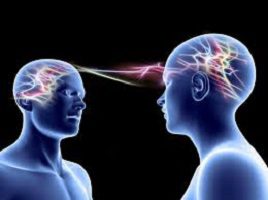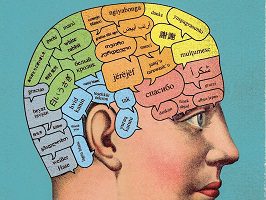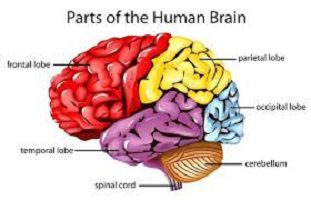Psycholinguistics
Psycholinguistics
Psycholinguistics is the study of the mental processes involved in the language, and the cognitive and neurological mechanisms underlying these processes. Psycholinguistics examines the relationship between language and the mind, including language processing, language acquisition, and language disorders. In Eglopedia.com, the readers can easily find the articles of Psycholinguistics and Neurolinguistics.
Through Englopedia.com, you can answer every question arise in the field of Psycholinguistics and Neurolinguistics. It will updated you that Neurolinguistics is the study of the neurological basis of language processing and production. It examines the neural mechanisms involved in language comprehension, production, and acquisition, as well as the neural basis of language disorders. Neurolinguistics combines methods and principles from linguistics, psychology, neuroscience, and other fields to investigate the brain basis of language and how it is organized and processed.
Both psycholinguistics and neurolinguistics are interdisciplinary fields that draw on a range of research methods and techniques, including behavioral experiments, brain imaging (such as fMRI and EEG), and computational modeling. Together, these fields help us to understand the complex cognitive and neural processes involved in language use, acquisition, and processing. They also have important applications in areas such as language teaching, language therapy, and the development of artificial intelligence systems that can process and understand human language.
If both Psycholinguistics and Neurolinguistics confuse you a lot then no need to worry and just type Englopedia.com and eliminate your tension. We are always be there for your service of knowledge.
-
Language production in psycholinguistics Speech and language problems
Language Production The ability to speak is a distinctive and enigmatic characteristic of the human species. Despite this, since the…
Read More » -
Echolalia definition symptoms types causes and related disorders
Echolalia The term “echolalia” is used to refer to the involuntary repetition of words spoken by other people . It is a characteristic…
Read More » -
Aphasia types symptoms and classification
Aphasia Aphasia is a disorder of previously formed speech activity, in which the ability to use one’s own speech and/or…
Read More » -
Dichotic listening definition characteristics
Dichotic listening definition is a technique based on the simultaneous presentation of two different auditory stimuli, one in each ear . The…
Read More » -
Cognitive Psychology theories and authors with explanation
Cognitive The word cognitive comes from the Latin cognoscere, which means knowing. Thus, both cognitive psychology and cognitive processes refer to the…
Read More » -
Language acquisition definition
Language acquisition Language acquisition definition has always been on the ambitious intellectual horizon of Universal Grammar theorists. You can almost…
Read More » -

NEUROLINGUISTICS
NEUROLINGUISTICS According to experts, neurolinguistics has an interdisciplinary root since it benefits from contributions from linguistics , neurobiology and computational linguistics . The notion of neurolinguistics is…
Read More » -

What is psycholinguistics
Psycholinguistics. One of the characteristics that most differentiates human beings from other species is language, thanks to which human beings…
Read More » -

Parts of the human brain with it functions in detail
Brain The brain is one of the main organs of the body and without a doubt the most complex organ in…
Read More » -

Speech Disorders
When language fails: speech disorders Communication is essential for the development of the human being. And a large part of our…
Read More »